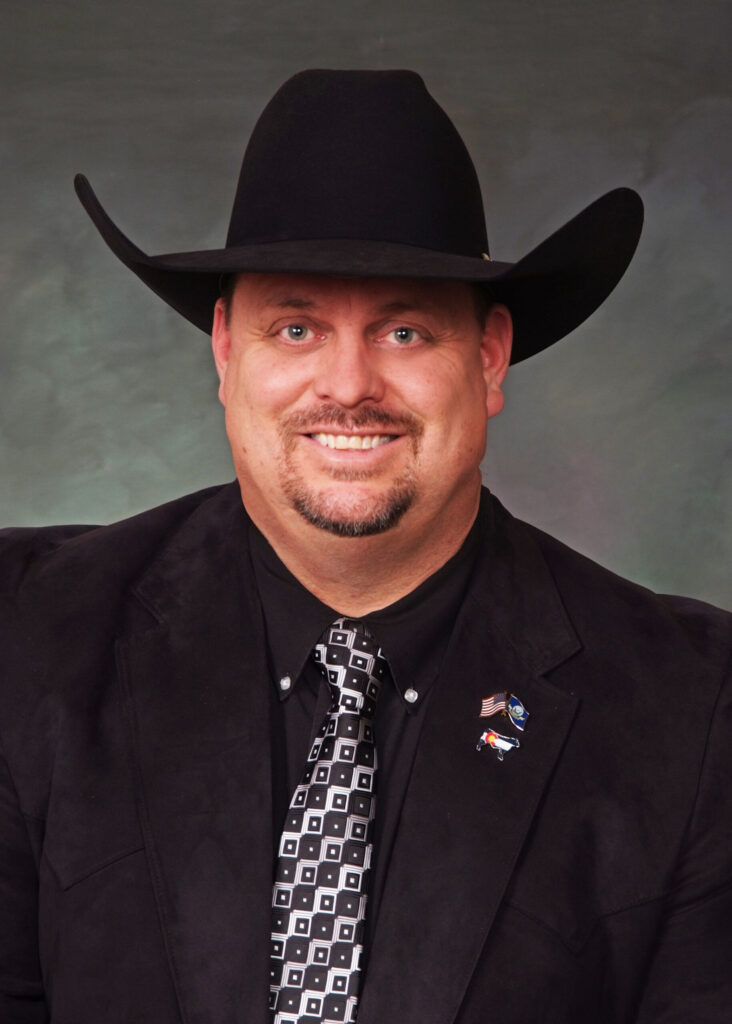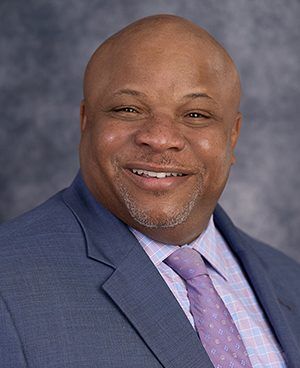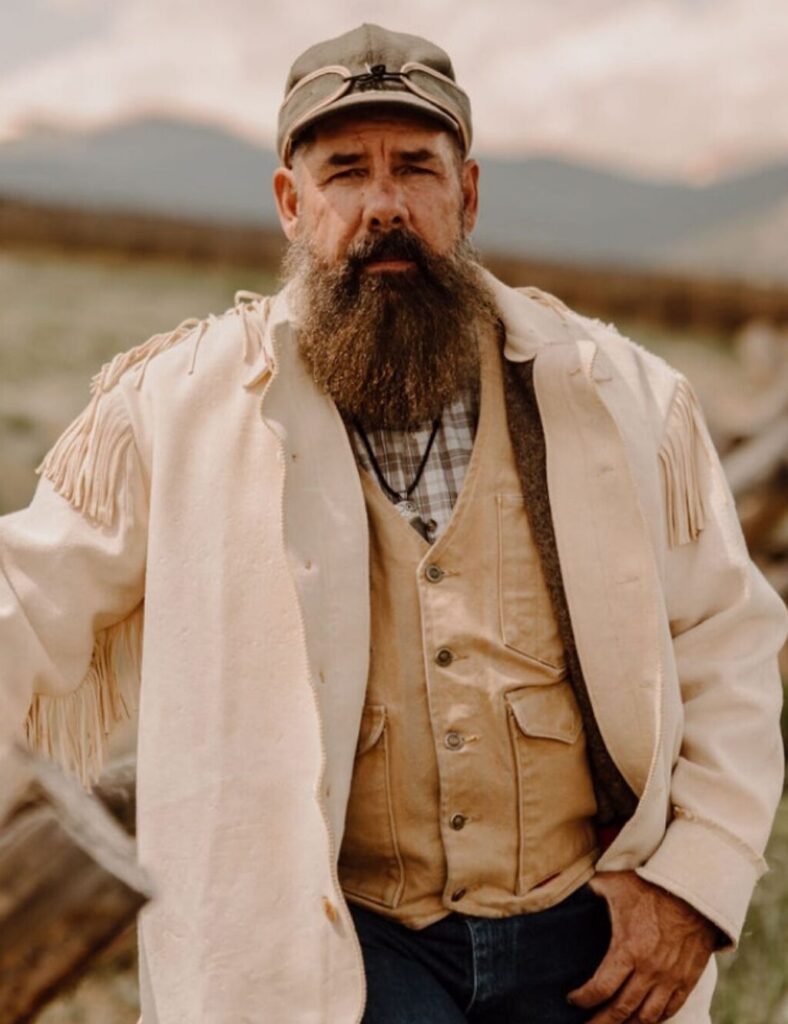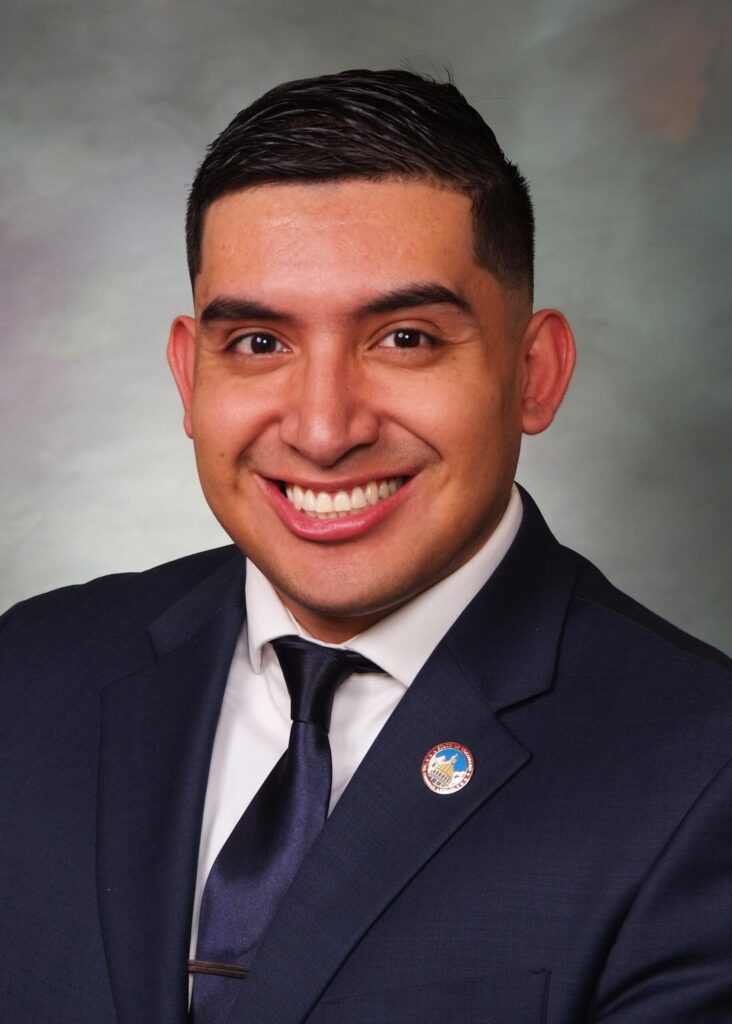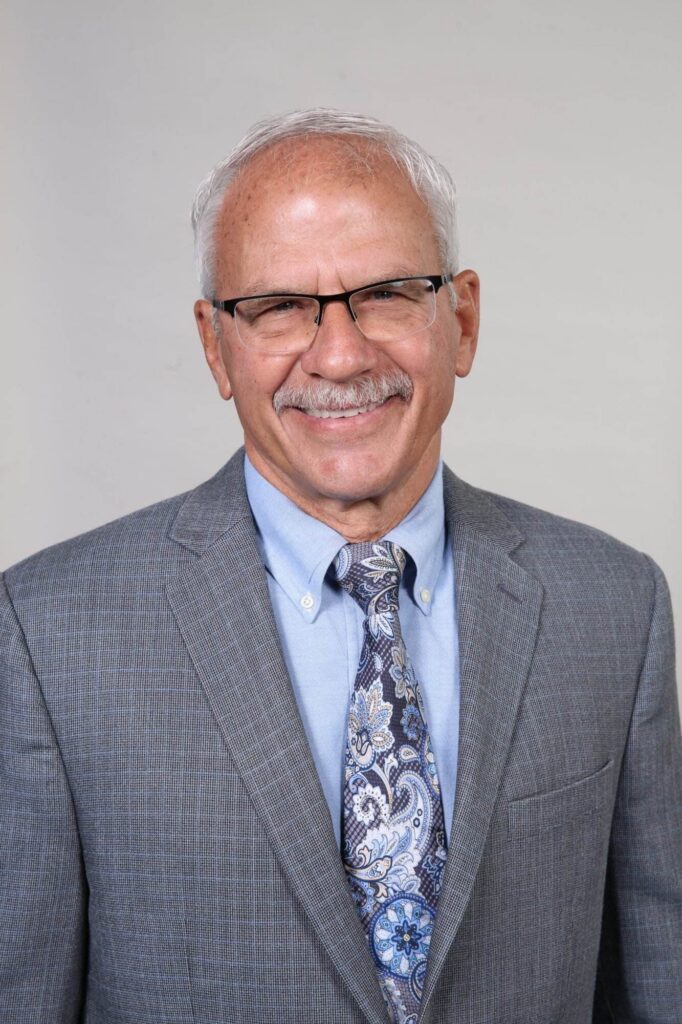Aguilar: A curriculum that reflects our values, strenghtens our community
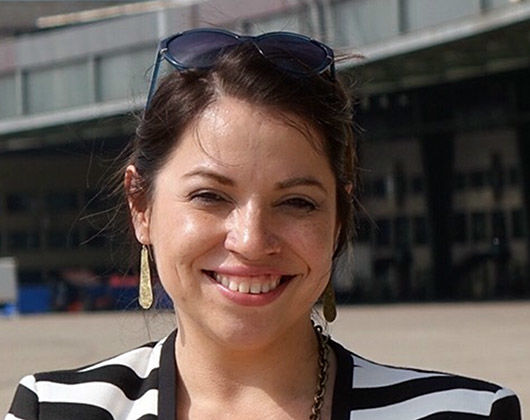
When I was growing up I would often hear stories from my family — the exciting adventures of my tío or my abuela talking about growing up in a different country and how she dreamed that her daughter would have more opportunities than she did. I am proud to come from a family of hard workers, a family of strong women. The stories helped me to see different possibilities as I was figuring out who I was and planning my future, especially when I did not really hear much about my community when I went to school each day.
Schools play a critical role in developing students’ knowledge in different subject areas and teaching them to think critically and be more open to the world around them. Schools also help to impart the kind of values that we want to advance as a community — equal opportunity, cooperation and teamwork and basic fairness. That is why multicultural education is so important.
By sharing the experiences of different people and cultures, we have the chance to demonstrate to young people of color that their history and the stories of their communities are embraced and respected. We also get a chance to begin to cultivate mutual understanding and create unity.
In order to ensure that students in our public schools have a strong foundation of knowledge about the role of laws and leaders in building our nation, Colorado law requires every student in a public high school in Colorado to complete a civil government class prior to graduation. The goal is to help students to understand the foundations of our government, as well as the role that we can each play in shaping the systems that shape our families and our communities.
The current statute requires that the history, culture and contributions of minorities should be taught in history and government classes but, without guidance, there are still some schools that do not have curricula that meets this important standard. That’s why we are excited to lead an effort to advance the Multicultural Education in History and Civil Government Act, a bill to support schools in developing curricula that includes the history, culture, and contributions of minorities, including, but not limited to, the American Indians, the Hispanic Americans and the African Americans. This bill will enrich the educational experience for all students in our public schools, create a stronger educational system and began to nurture more unified communities.
As many schools prepare for Black History Month, we should think about how we can make sure the contributions of people of color are more than just a bulletin board for one month or a special lesson plan. This will teach young people that leaders come from all communities and that people of color are an important part of the fabric of our nation. This bill will not only enhance the educational experience for young people of color but will create a healthier educational community by helping to heal some of the fractures in our communities and lay the ground work for better cultural understanding.
Cristina Aguilar is executive director of the Colorado Organization for Latina Opportunity and Reproductive Rights.


